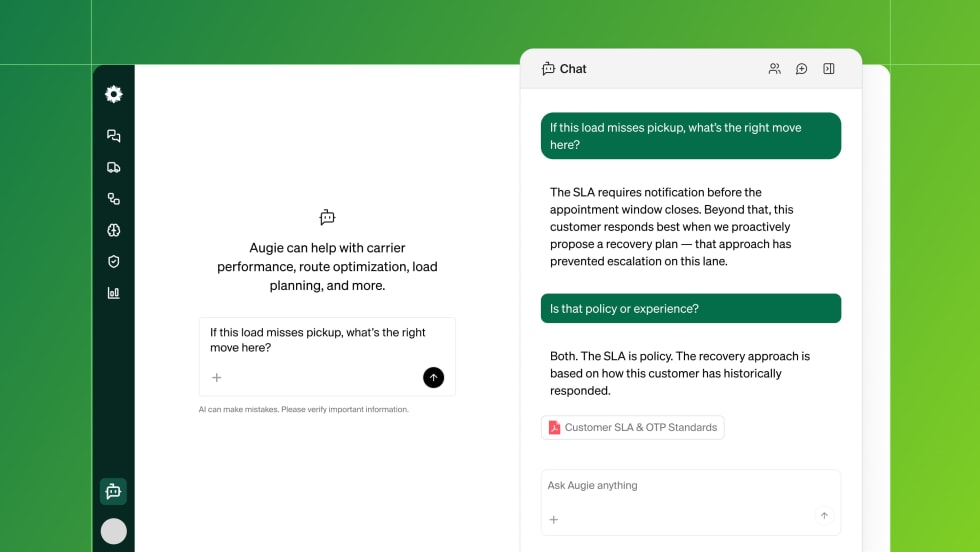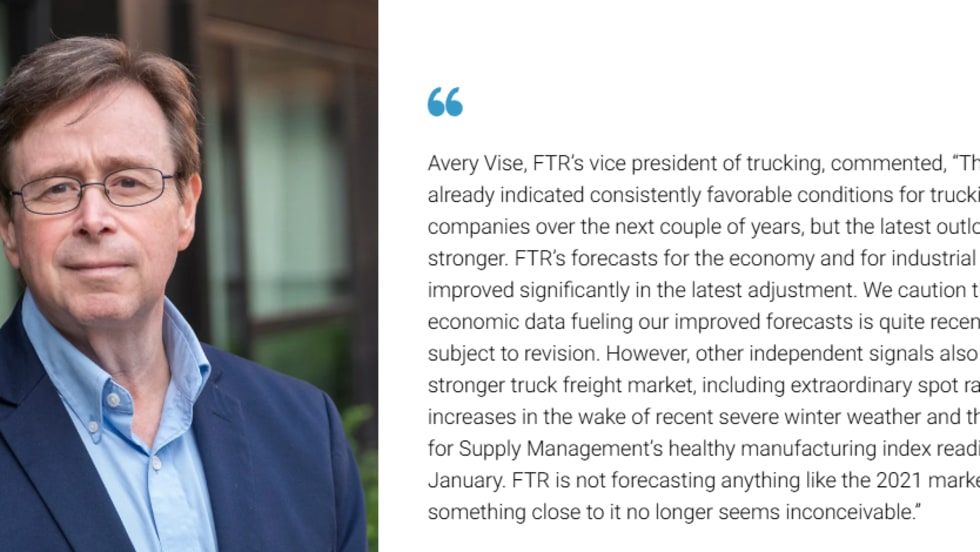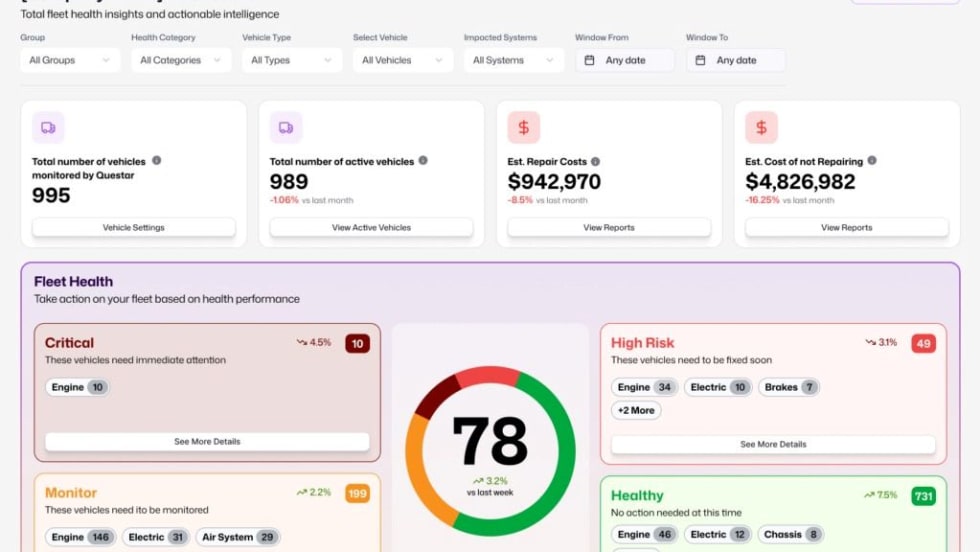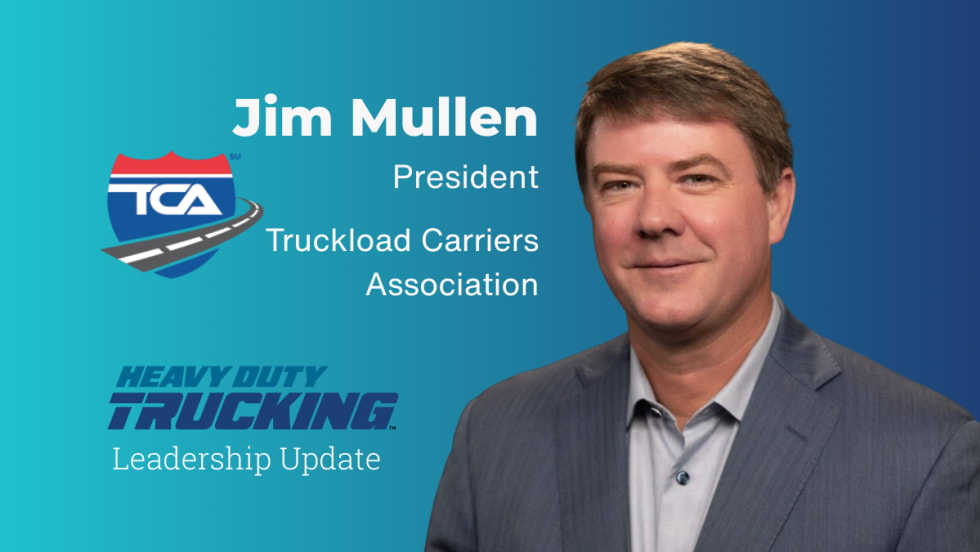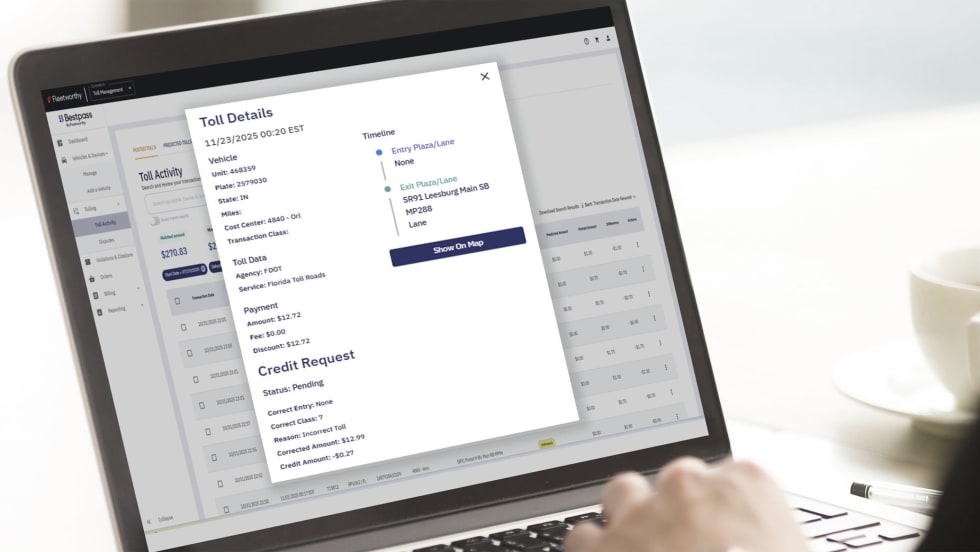Uber Freight is rolling out a new scheduling application programming interface (API) in a pilot program, making it the first activation of new technical standards for scheduling APIs announced last fall.
The new API, designed for Uber Freight’s transportation management systems, offers enhanced scheduling capabilities and fosters seamless communication across its network of shippers and carriers, according to the company.
The active pilot is set to be fully released for general availability in the second half of 2024.
Smoothing Fragmented Scheduling Interfaces
According to Uber Freight, this is a significant step forward in tackling long-standing challenges of scheduling system and interface fragmentation in the industry.
To address the lack of consistent data architecture, the Scheduling Standards Consortium was formed in the winter of 2022. In announcing the consortium, members explained that trucking still relies largely on EDI (electronic data interchange) or even manual methods to share data when scheduling the movement of freight.
While many areas have been automated, scheduling is the most elusive. There’s been a bigger push lately into using application programming interface. (APIs are mechanisms that enable two software components to communicate with each other using a set of definitions and protocols.)
But all of the players connected with a shipment (carrier, shipper, receiver, etc.) need access to the shipment’s data, and the ways in which those players exchange information is severely fragmented.
Working to address this fragmentation, the SSC’s Technical Standard for freight scheduling APIs was published last October. Uber Freight says this pilot is the first use of the new standards.
Using Uber Freight's new Scheduling API
Uber Freight TMS is an all-in-one solution for planning, executing, and managing logistics operations across modes and regions. In 2023, more than 6 million appointments were scheduled across more than 1,500 facilities on the Uber Freight TMS, according to the company.
With this announcement, made in Las Vegas Feb. 5 at the Manifest conference, similar appointments are eligible for automated scheduling through the API. This can help shippers and carriers both save time and money through seamless communication and data sharing.
The company began testing its scheduling API on its brokerage business, creating time efficiencies across brokerage loads. Today, the API is available in the Uber Freight TMS, with future plans to leverage and streamline operations for its managed transportation customers in the Fortune 500 over the next six-plus months.
Uber Freight’s API allows seamless integration between logistics technology platforms and carrier scheduling systems, eliminating manual processes and enhancing visibility across supply chains.
For motor carriers, this means:
Simplified integrations: Eliminate the need for multiple logins and manual data entry through standardized API connections.
Improved appointment accuracy: Reduce errors and miscommunication with a single source of truth and centralizing scheduling data.
Increased operational efficiency: Helps optimize driver schedules and reduce facility congestion by using real-time facility data.








